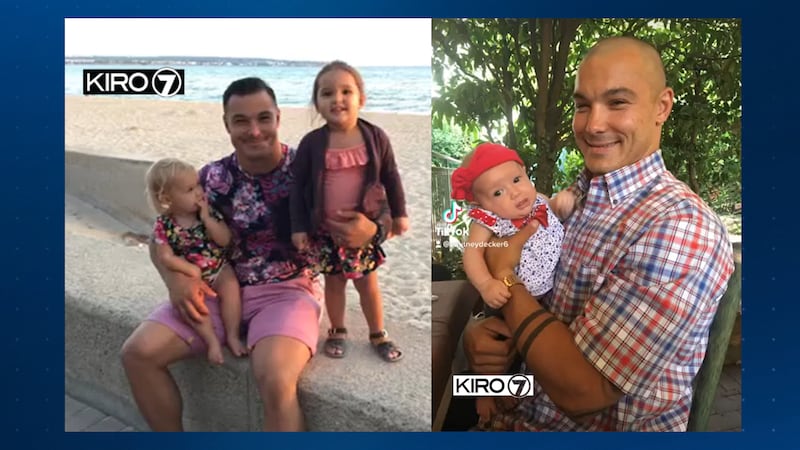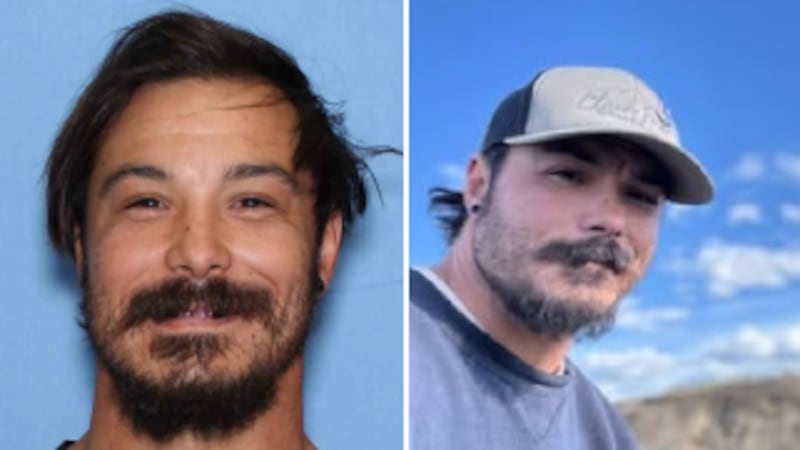Seattle entrepreneur Linda Low believes she has a way to help people disagree, but in a more helpful way. It’s a process that she began in graduate school, after moving to the United States from Canada during the 2016 Presidential election. In the near decade since, she’s helped thousands of people solve, or at least start the conversation about, the most pressing issues in their communities. She calls them “Community Leadership Dialogues.”
“I was given the grace to ask hard questions, from a place of curiosity, that was authentic,” Low said.
“Every single person I talked to said we are so polarized; we cannot have civil discourse. We can’t have dialogue with each other,” Low said. “We stay in our silos, and leadership dialogues work to bring the different silos together.”
She hosts groups of people on different sides of issues in formats organized by non-profits, local governments, schools, or other communities. To understand why they disagree, Low says, people need to start by listening to who each other are. She will pair people up to tell each other’s background to the rest.
“Having to listen to someone’s story and tell it back to them like it’s their own story, that requires you to listen differently and understand differently,” Low said. “People feel a higher level of responsibility.”
The sessions run from a couple hours or a few days. At first, Low didn’t know how far the project would go or if it would even last beyond her graduation. When she saw the strategy working, she kept going, helping more people host their own dialogues.
Take a recent conversation in Olympia around homelessness. Business owners frustrated with people sleeping in their doorways, sat down with advocates and parents worried about safety at playgrounds, as well as people who once slept on the streets.
“The whole point of these community leadership dialogues is that one issue, one word, means something completely different to everyone involved. That’s why we need to take time to listen to each other. If we’re not even talking about the same thing, we’ll never come to a creative solution,” Low said.
She acknowledges that many times, the core of an issue isn’t solved in one day’s conversation, but she hopes it lays the foundation for more.
To Low, time is nearly as crucial as listening. She says that allows people to sit with ideas, go deeper with conversations, and let their guard down to come up with creative ideas.
“We need to build time into our lives to have these conversations, we need to get away from just having position statements and social media posts,” Low said. “Oh my gosh, when you make the time, you come away from these conversations feeling so much better about being a human and the humans you interacted with.”
Low’s program earned her a designation as a Rotary Champion of Peace. Find more about the program on her website.
©2025 Cox Media Group





